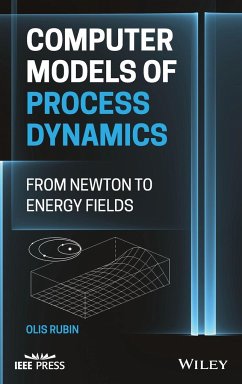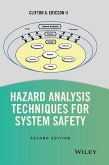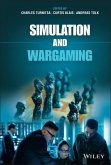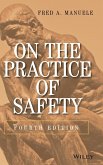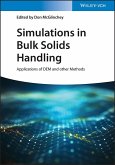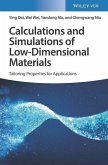COMPUTER MODELS OF PROCESS DYNAMICS
Comprehensive overview of techniques for describing physical phenomena by means of computer models that are determined by mathematical analysis
Computer Models of Process Dynamics covers everything required to do computer based mathematical modeling of dynamic systems, including an introduction to a scientific language, its use to program essential operations, and methods to approximate the integration of continuous signals.
From a practical standpoint, readers will learn how to build computer models that simulate differential equations. They are also shown how to model physical objects of increasing complexity, where the most complex objects are simulated by finite element models, and how to follow a formal procedure in order to build a valid computer model. To aid in reader comprehension, a series of case studies is presented that covers myriad different topics to provide a view of the challenges that fall within this discipline. The book concludes with a discussion of how computer models are used in an engineering project where the readers would operate in a team environment.
Other topics covered in Computer Models of Process Dynamics include:
_ Computer hardware and software, covering algebraic expressions, math functions, computation loops, decision-making, graphics, and user-defined functions
_ Creative thinking and scientific theories, covering the Ancients, the Renaissance, Galileo, Newton, electricity and magnetism, and newer sciences
_ Uncertainty and softer science, covering random number generators, statistical analysis of data, the method of least squares, and state/velocity estimators
_ Flight simulators, covering the motion of an aircraft, the equations of motion, short period pitching motion, and phugoid motion
Established engineers and programmers, along with students and academics in related programs of study, can harness the comprehensive informationin Computer Models of Process Dynamics to gain mastery over the subject and be ready to use their knowledge in many practical applications in the field.
Comprehensive overview of techniques for describing physical phenomena by means of computer models that are determined by mathematical analysis
Computer Models of Process Dynamics covers everything required to do computer based mathematical modeling of dynamic systems, including an introduction to a scientific language, its use to program essential operations, and methods to approximate the integration of continuous signals.
From a practical standpoint, readers will learn how to build computer models that simulate differential equations. They are also shown how to model physical objects of increasing complexity, where the most complex objects are simulated by finite element models, and how to follow a formal procedure in order to build a valid computer model. To aid in reader comprehension, a series of case studies is presented that covers myriad different topics to provide a view of the challenges that fall within this discipline. The book concludes with a discussion of how computer models are used in an engineering project where the readers would operate in a team environment.
Other topics covered in Computer Models of Process Dynamics include:
_ Computer hardware and software, covering algebraic expressions, math functions, computation loops, decision-making, graphics, and user-defined functions
_ Creative thinking and scientific theories, covering the Ancients, the Renaissance, Galileo, Newton, electricity and magnetism, and newer sciences
_ Uncertainty and softer science, covering random number generators, statistical analysis of data, the method of least squares, and state/velocity estimators
_ Flight simulators, covering the motion of an aircraft, the equations of motion, short period pitching motion, and phugoid motion
Established engineers and programmers, along with students and academics in related programs of study, can harness the comprehensive informationin Computer Models of Process Dynamics to gain mastery over the subject and be ready to use their knowledge in many practical applications in the field.

